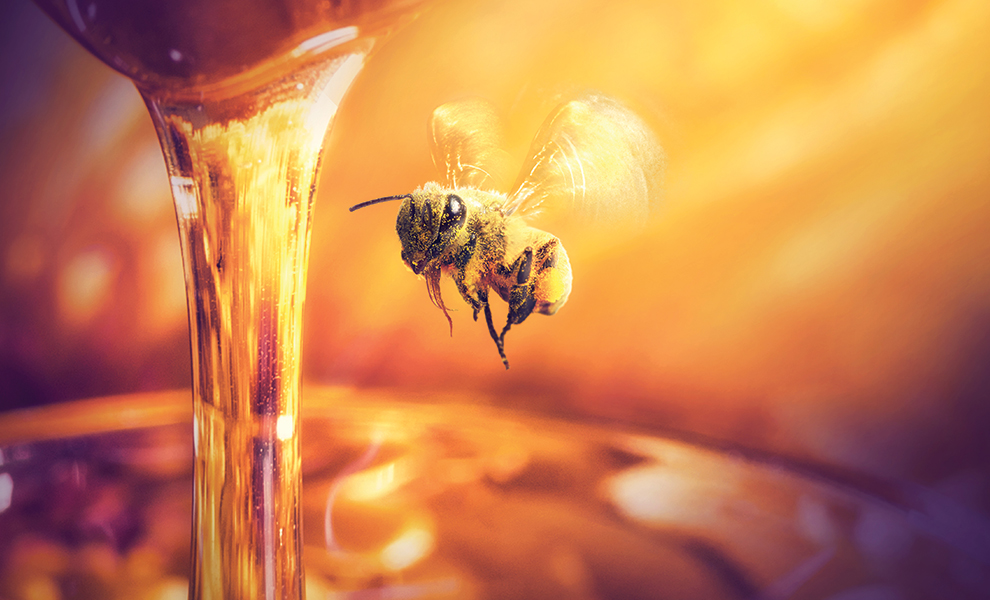
Once you feel confident in your ability to maintain a beehive throughout the year and have successfully
produced surplus honey, you’re ready to take on more complex and difficult projects with your bees. You will continue to develop your skills as a beekeeper with the help of this manual. Good
beekeepers not only care for their colonies but also manage them to increase honey production. Your
goals should now be to:
• Keep strong, populous colonies with young
queens.
• Continue to improve your understanding of the
ways of bees.
• Increase honey production.
• Experiment to learn better ways to improve your
apiculture skill.
“Expanding your apiary isn’t just about more hives; it’s about multiplying the opportunities for nature’s most precious pollinators to flourish.”
Adan A Adan
As your beekeeping experience increases, your ability to work more quickly and competently also
increases. You will be able to add new hives to your original apiary until it contains the maximum
number of hives that you can care for. Good beekeepers know what their maximum apiary size
should be and don’t overextend themselves. Your decision is based on many factors, including your
available time, expense, space considerations, physical condition, interests and local climate. The
maximum number of hives a beekeeper can care for differs from beekeeper to beekeeper. Your maximum
may be two hives as a hobbyist, while a farmer might have 200 hives.
Your beehive is a dynamic, changeable system with great potential for growth. Be alert to apiary
operations that can be improved, and consider experiments to help you understand more about
your bees and how to care for them. We recommend you use the scientific method for experiments
(Appendix B). The more you learn, the better you’ll be able to help your bees produce more honey.
Beekeeping is a lifelong learning process. Talking with other beekeepers helps you learn. Advice
from more experienced people is as valuable now as it was the first time you watched a beehive
being opened. Continue to read all you can about bees and beekeeping. Take your questions to your
beekeeping advisor, local bee inspector, and local and state associations. Subscribing to a beekeeping
journal can introduce you to topics of interest you haven’t even thought of!



